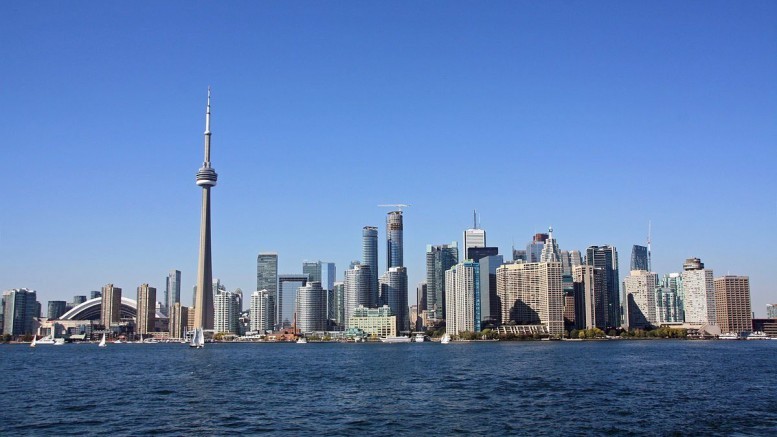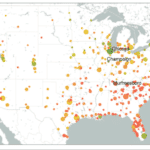|
Getting your Trinity Audio player ready... |
When someone comes to your city and says, "Hi, I'm from Google and I am here to fix your city!", you should slam the door and call the police. Google has a big enough ego to think that the whole of cities are just waiting for deliverance. Not.









